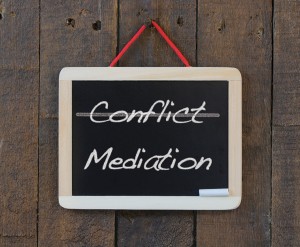Two parties embark upon arbitration proceedings to resolve a commercial dispute. A tribunal is appointed, legal and factual submissions made, and an oral hearing convened. Mid-way through the first day of the hearing, the arbitrator turns to the parties’ representatives and informs them that the tribunal believes the dispute is a candidate for mediation-arbitration, known as “med-arb”.
This scenario is not uncommon in arbitrations taking place in various jurisdictions in Asia. However, it raises a number of issues for parties and counsel. What will be the nature of the procedure proposed? What are the prospects of mediation succeeding, and what are the risks?
The authors have been involved in a number of med-arb procedures involving international parties. In part one of this two-part series, we offer several suggestions that international parties and their counsel should take into account when considering whether and on what basis to accede to participate in a med-arb process.
You must be a
subscribersubscribersubscribersubscriber
to read this content, please
subscribesubscribesubscribesubscribe
today.
For group subscribers, please click here to access.
Interested in group subscription? Please contact us.
你需要登录去解锁本文内容。欢迎注册账号。如果想阅读月刊所有文章,欢迎成为我们的订阅会员成为我们的订阅会员。
Philip Nunn is a consultant and Matthew Townsend is an associate in the Hong Kong office of Norton Rose Fulbright






















